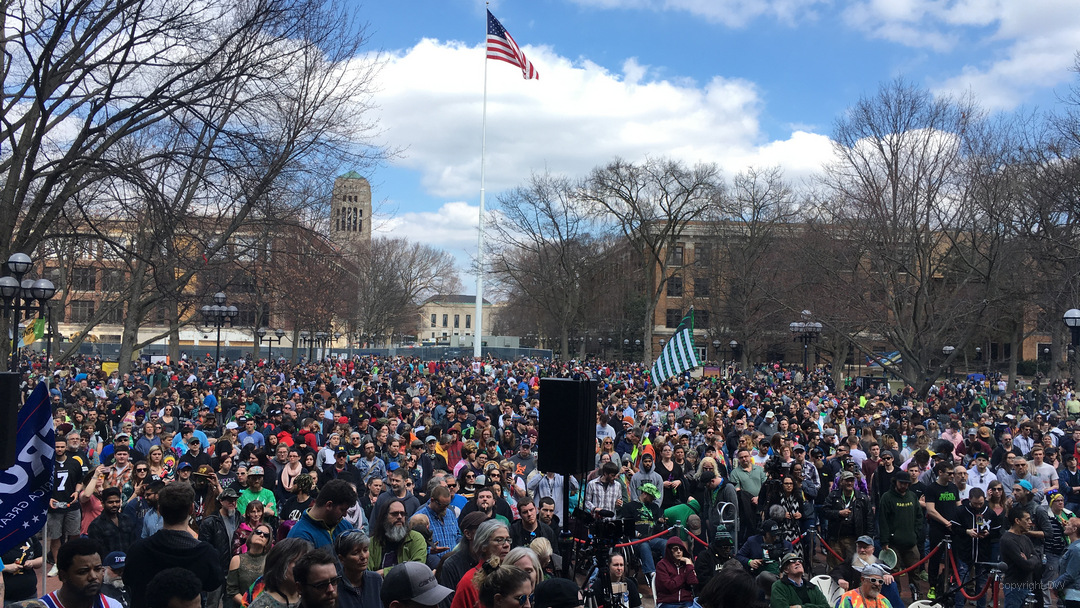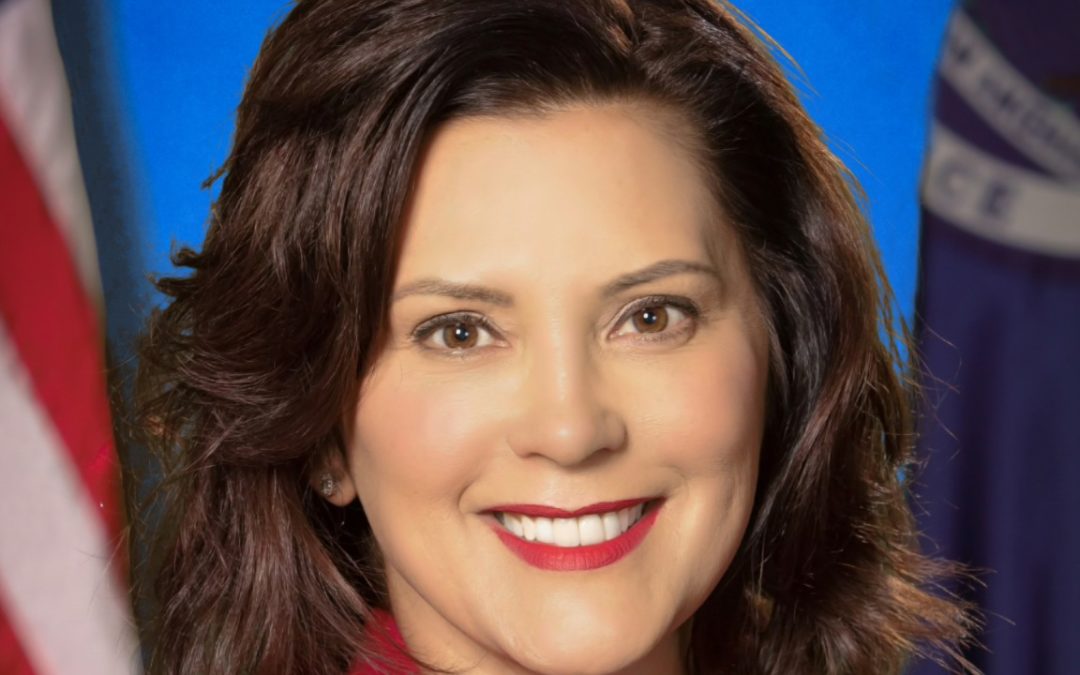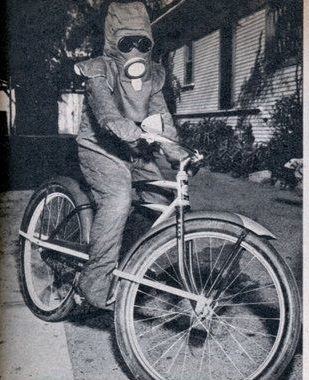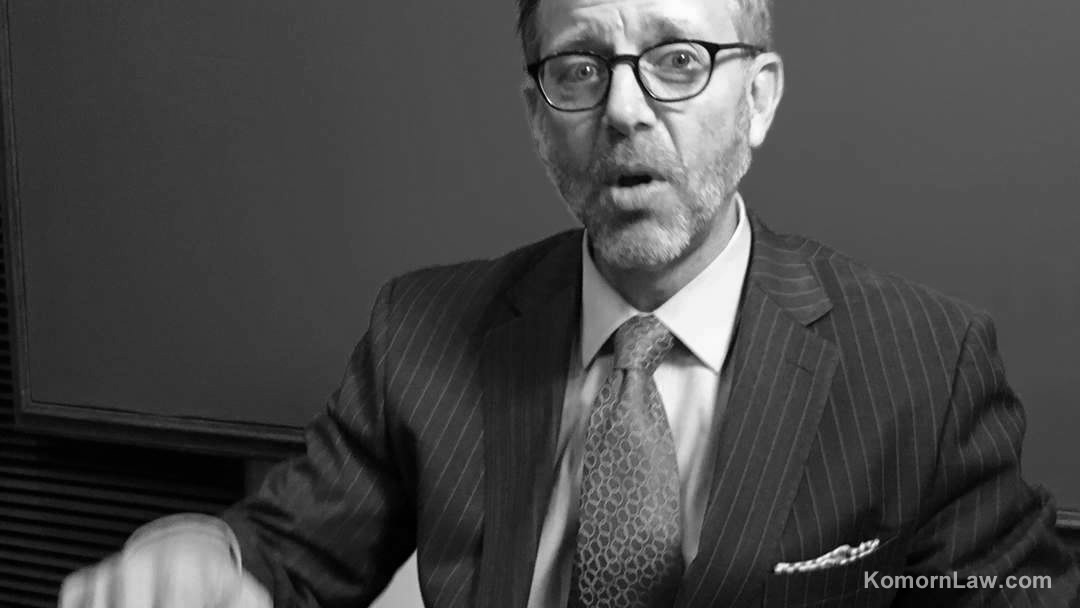
Mar 31, 2020 | Blog
The picture tells it all. We will miss this moment in 2020 due to a worldwide pandemic.
ANN ARBOR, MI — The Hash Bash marijuana rally that was supposed to happen this Saturday in Ann Arbor is postponed until fall, but organizers are still planning a digital version.
Instead of thousands of cannabis enthusiasts gathering on the University of Michigan Diag to smoke and hear various speakers talk about the marijuana movement, they’ll gather on the web as the coronavirus COVID-19 pandemic continues
The official digital Hash Bash streams live starting at high noon Saturday, April 4, organizers announced in a news release, encouraging those who want to catch the action to tune in at PlanetGreenTreesTV.com or HypedUpLiveSessions.com.
“This broadcast is in recognition of Mr. Hash Bash Adam Brook who emceed the event for 20 years and in gratitude and dedication to the legendary John Sinclair who got it all started 49 years ago!” the news release states.
The speakers list includes cannabis breeder DJ Short, High Times editor Danny Danko, former Detroit Red Wings player Darren McCarty, Michigan cannabis attorney Matt Abel, state Sen. Jeff Irwin, D-Ann Arbor, state Rep. Yousef Rabhi, D-Ann Arbor, and many others.
Read The Rest Here
By Ryan Stanton | ryanstanton@mlive.com
Recent Posts

Mar 23, 2020 | Blog, News
Michigan Gov. Gretchen Whitmer orders everyone to stay at home today March 23, 2020 to limit the spread of corona virus. through April 13, 2020.
Gov. Gretchen Whitmer has issued a “stay at home” order for Michigan, effective at midnight tonight, in response to the coronavirus crisis.
The order, draws on Whitmer’s broad executive powers under a state of emergency. Though sweeping, it includes exemptions for essentials such as:
- Shopping for food or medicine
- Getting needed medical treatment
- Getting fuel
- Walking a pet
- Walking for exercise
- Staffing to allow maintenance of “minimal business operations” for many employers
Essential workers such as police, fire, hospital, grocery store and pharmacy workers are also exempted, as are their workplaces.
The order also bans all public and private gatherings of any size outside of a family home. An earlier order had limited gatherings to no more than 50.
WHAT ARE GOVERNORS’ POWERS & AUTHORITY
Executive Orders
The authority for governors to issue executive orders is found in state constitutions and statutes (Michigan State Constitution) as well as case law, or is implied by the powers assigned to state chief executives. Governors use executive orders—certain of which are subject to legislative review in some states—for a variety of purposes, among them to:
- trigger emergency powers during natural disasters, energy crises, and other situations requiring immediate attention;
- create advisory, coordinating, study, or investigative committees or commissions; and
- address management and administrative issues such as regulatory reform, environmental impact, hiring freezes, discrimination, and intergovernmental coordination.
For state by state information on the power of governors to issue executive orders, see “Gubernatorial Executive Orders: Authorization, Provisions, Procedures” (Table 4.5, The Book of the States 2017, source: The Council of State Governments).
Emergency Powers
As chief executive, governors are responsible for ensuring their state is adequately prepared for emergencies and disasters of all types and sizes. Most emergencies and disasters are handled at the local level, and few require a presidential disaster declaration or attract worldwide media attention. Yet governors must be as prepared for day-to-day events—tornadoes, floods, power outages, industrial fires, and hazardous materials spills—as for catastrophes on the scale of Hurricane Katrina or the September 11 terrorist attacks. States focus on four stages of disaster or emergency management:
- Prepare
- Prevent
- Respond
- Recover
These components afford a useful rubric for thinking about the cycle of disasters and emergencies and for organizing recommendations for state action. During an emergency, the governor also plays a key role in communicating with the public during an emergency, providing advice and instructions and maintaining calm and public order.
State emergency management laws usually define how a governor may declare and end a state of emergency. In some cases, the necessary response to a disaster is beyond the capacity of state and local governments. A state may petition the President to declare a major disaster. The declaration of a major disaster triggers a variety of federal programs depending on the scope of the disaster and the type of losses experienced.
Source: https://www.nga.org/consulting/powers-and-authority/#orders
Recent Posts

Mar 21, 2020 | Blog, News
With California residents being asked to stay at home to prevent the spread of the coronavirus and all “non-essential businesses and areas” being closed down, officials in Los Angeles are making sure that marijuana is still available to the public.
Marijuana dispensaries are being deemed as “essential businesses,” as they are allowed to remain open under the state’s “Safer at Home” order.
Los Angeles has “cannabis dispensaries with a medicinal cannabis license” listed under “essential infrastructure” or “healthcare operations” that are exempt from closing.
California Gov. Gavin Newsom made the announcement on Thursday night, asking nearly 40 million residents in the state to stay at home to prevent the spread of the coronavirus.
“There’s a mutuality, and there’s a recognition of our interdependence, that requires of this moment that we direct a statewide order for people to stay at home,” Newsom said.
There are approximately 995 cases in California, including “presumptive positive” cases and 19 deaths. The US has more than 13,634 cases with at least 196 deaths (and rising daily).
The Department states cannabis is an essential medicine.
The Department adds,”Dispensaries can continue to operate as essential businesses during this time, while practicing social distancing and other public health recommendations.”

Mar 20, 2020 | Blog, Komorn Law In The News, News
Statement from First Natural Wellness, in conjunction with Komorn Law regarding telemedicine for medical marijuana
ANN ARBOR, Mich., March 19, 2020 /PRNewswire/
Michigan medical marijuana physicians, attorneys, patients, and their caregivers called on Governor Gretchen Whitmer to provide urgent and swift action via an executive order to allow certifying physicians the emergency capabilities to certify patients via telemedicine.
In times of need, communities stand
together to defend the weak. Komorn Law, First Natural Wellness, and the
Michigan Medical Marijuana Association (MMMA) is comprised of stakeholders and
citizens who are urging Governor Whitmer to take the COVID-19 pandemic
seriously by allowing physicians to provide telemedicine consultations for
patients who need medical cannabis therapy.
The Michigan Medical Marihuana Act
(“MMMA”) provides immunities for physicians to recommend medical
cannabis, and immunities for patients to engage in the medical use of
marijuana. The MMMA, as with other expectations of licensed physicians in Michigan,
requires that a bona fide relationship exist between the physician and the
patient. In April of 2012 (2012 PA 2012 512) the Legislature in Michigan by
a Super Majority vote amended the MMMA (2012 Public Act 512) to specifically
define the term “bona fide physician-patient relationship.” The
amendment to the MMMA created and defined the term “Bona Fide” as
follows:
(a) “Bona fide physician-patient
relationship” means a treatment or counseling relationship between a
physician and patient in which all of the following are present:
(1) The physician has reviewed the patient’s relevant medical records and
completed a full assessment of the patient’s medical history and current
medical condition, including a relevant, in-person, medical
evaluation of the patient.
Patient-Caregiver-Coalition (see details at end of article)
Said another way, only physicians
who interact with medical marijuana patients are required to meet in person and
or are precluded from those interactions occurring via telemedicine.
Legislators who lobbied for this
face-to-face requirement in the law were simultaneously approving telemedicine
visits for insurance reimbursements for almost every other medical visit except
medical marijuana consultations.
Many of the 300,000 Medical cannabis
patients are the sickest patients in the State. They have some of the most
severe conditions for physicians to evaluate, including Cancer, HIV/AIDS, Hep
C, Arthritis, and Glaucoma just to name part of the qualifying conditions list.
These are the sickest people in the state, and current law mandates that these
patients interact with their physicians in person. In light of the COVID-19
pandemic and the State of Emergency our Governor declared for the State of
Michigan, we are demanding that our state officials address this issue. This
enormous population of medical marijuana patients and their physicians are
currently being overlooked and ignored. Putting aside the
unexplained stigma excluding medical marijuana patients and doctors from
telemedicine, the existing policy is subjecting an enormous population of sick
patients and their physicians to a dangerous and irrational policy, arguably
which should never have existed.
Now is the time to urge Governor Gretchen Whitmer to protect all of our citizens, including patients and physicians. Please call Governor Whitmer’s office at 517-373-3400 or 517-335-7858 and urge her to let physicians provide medical marijuana certifications via telemedicine services immediately.
Contacts:
Michael Komorn, Komorn Law
www.KomornLaw.com
248-357-2550
First Natural Wellness, Michigan’s Most
Trusted Medical Marijuana Certifications
www.FirstNaturalWellness.com
866-649-9034
MMMA, Michigan Medical Marijuana
Association
www.MichiganMedicalMarijuana.org
Source PR Newswire: https://www.prnewswire.com/news-releases/statement-from-first-natural-wellness-in-conjunction-with-komorn-law-regarding-telemedicine-for-medical-marijuana-301026680.html
JOIN THE CAREGIVER – PATIENT COALITION.
Komorn Law and the Michigan Medical Marijuana Association have been at the forefront of the legal battles and in the trenches fighting fo patient, caregiver and physician rights since 2008. We are still fighting at this very moment to keep the caregiver system working while others are tryin to end it. So get on the lit to be notified as soon as the “pandemic” is over.
SIGN UP HERE TO BE NOTIFIED OF EVENTS OR HAPPENINGS.
Mar 13, 2020 | Blog
ANN ARBOR, MI – There are mixed messages about whether Ann Arbor’s Hash Bash will happen this year.
Thousands in the cannabis community have gathered throughout the city on the first Saturday of every April since 1972.
And, while a Hash Bash social media message has announced this year’s April 2 celebration will be postponed because it can’t get a permit, “Mr. Hash Bash” plans to smoke it up anyway.
“You can’t cancel Hash Bash,” said Adam L. Brook, who calls himself by the moniker. “I just got off the phone with the Legendary John Sinclair, who will be joining me and others at what Hash Bash was always intended to be…a protest and smoke-in.”
Activist and poet John Sinclair among first to purchase legal recreational marijuana in Michigan, 50 years after his historic arrest
Sinclair, who has protested for marijuana usage for the last five decades, served two years of a 10-year prison sentence between 1969-71 for possession of marijuana that he was accused of giving to an undercover Detroit cop. His case was overturned by the Michigan Supreme Court, and he said he has smoked marijuana everyday since.
The University of Michigan student group that organizes Hash Bash will not get a permit for the event, as the university has disallowed all events of at least 100 people due to the threat of the spread of coronavirus.
“It is with a heavy heart that we must postpone the 49th Hash Bash,” said Nick Zettell, founding board member of MI Legalize. “To protect the health and safety of our participants, we will not be gathering on the Diag this April.
But Brook, Sinclair and the toking traditionalists will still gather by the University of Michigan Diag at “high noon” on April 2, Brook said. (actually 4/4/20)
Read the rest of the story here




